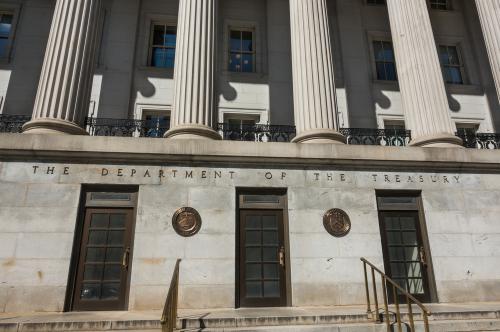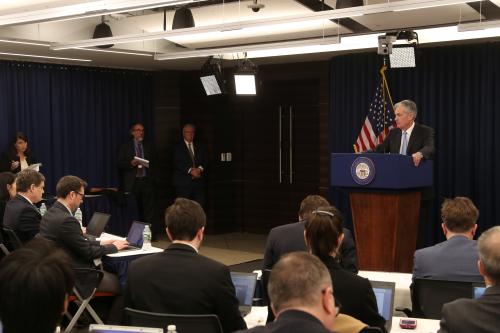Next year may be the start of sustained better times for the U.S. economy. When the Fed announced it would reduce its purchases of Treasury bonds from $85 billion a month to $75 billion a month, it was signaling improved confidence in the economic expansion. In the forecast that accompanied the announced tapering, it predicted GDP growth of around 3 percent for 2014, and a bit faster than that in 2015. This would be a welcome and clear improvement over the 2 percent average expansion of the past three years, and a growth rate fast enough to reduce unemployment to near 6 percent by late next year.
These improved prospects come from both a better policy environment and emerging strength in some sectors of private demand. It will help that Congress has stopped doing damage to the expansion. When it finally agreed to undo its own budget sequester, it replaced scheduled near-term budget cuts with a roughly neutral spending budget for next year. In coming quarters, the economy will not have to battle the headwinds of a perverse fiscal policy. And some sectors of economy, such as energy, autos, aircraft and software, will continue the healthy expansions already underway.
The economy would get a big boost from a broad rise in consumer spending since consumption accounts for about two thirds of total aggregate demand. But wealth effects, coming from the rising stock market and somewhat higher home prices, are not reliable predictors of consumption. And real disposable income, which is more reliably linked to spending, has not been rising much. A big improvement in consumer confidence-“animal spirits”-could provide a boost to spending . But there is little basis for building that into a forecast at this time.
Looking beyond these near term cyclical prospects, the industrial strength of the U.S. economy and its competitiveness on international markets are improving for the longer run. The development of fracking as a new method of extracting natural gas and oil has led to a boom in jobs and output in the energy sector. Abundant, low-cost natural gas will accelerate the displacement of high pollution coal by low emission gas. It is also making the U.S. an attractive place to locate industries that rely on gas as a feedstock and industries where energy costs are important. Even the long-departed textile industry is starting to relocate back to the U.S. That kind of buildup in business investment could sustain the economic expansion for several years.
The Brookings Institution is committed to quality, independence, and impact.
We are supported by a diverse array of funders. In line with our values and policies, each Brookings publication represents the sole views of its author(s).



Commentary
Op-ed2014 May Be the Start of Sustained Economic Growth
December 24, 2013